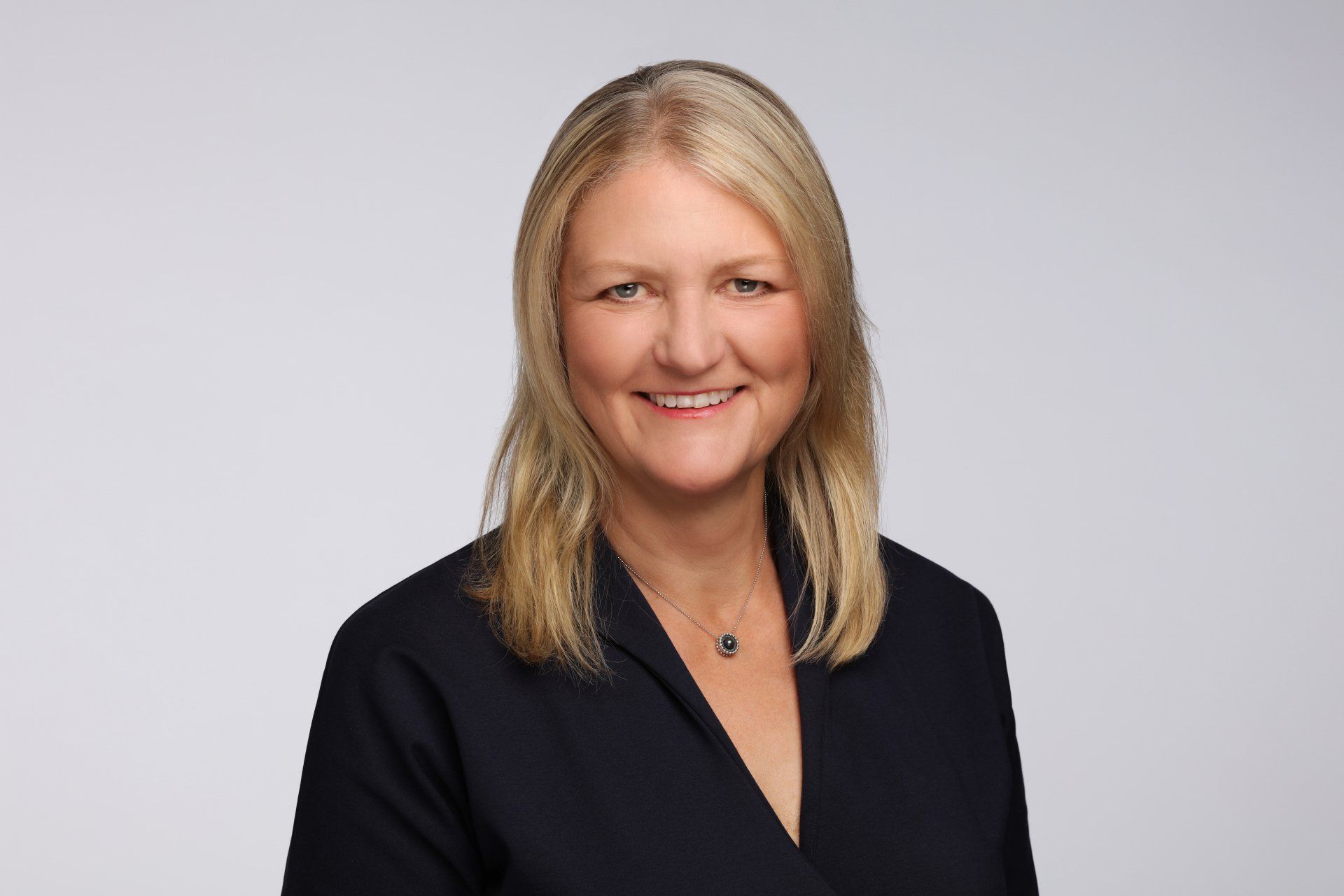Alison Gill is a behavioural psychologist, triple Olympian and the co-founder of Bvalco, a board evaluation consultancy focused on helping boards become fit for the future.

Corporate boards are by definition dealing with big issues and are responsible for taking important decisions. This is rarely achieved efficiently without a really sound process and effective chair facilitating.
The first thing to get right is a good agenda; each agenda item needs to have a clear purpose – what is the desired outcome from the board’s discussion? The agenda should make clear which items are for ‘noting’ and which require a decision. There then needs to be a clear process from purpose to outcome, a clear cycle designed to reach a conclusion, facilitated by the chair.
A good process to follow is GROW 1 : G oals, R eality testing, O ptions, W orkable Plan.
- Goals – A clear goal or objective of a proposal. This should be clear from the board papers, providing clarification to aid understanding.
- Reality testing – Why is this happening now, why is it important, what would happen if we didn’t take this route?
- Options – What options are being considered, what are the pros and cons? What is the analysis?
- Workable plan – a clear outcome to get to a decision.
The Chairman’s role is to ensure that the board moves through this process effectively and everyone knows where they are in this process at any point. Where things often go wrong is when board members get stuck at some point in the cycle, while others have moved on; perhaps questioning the analysis in a board paper, while others are discussing options to reach a decision; these questions can be quite destabilising and lead to tensions. The Chair needs to recognise when the time is right to move on to a new part of the process – or perhaps to return to a completed part if it makes sense to.
When evaluating a board as an objective observer, I record all the questions and answers and look at the balance of the type of questions – the emotional response and the dynamic in the boardroom and assess how well this is being managed by the Chair. I’m then able to provide feedback, highlighting where the gaps are, identifying where the process has broken down and helping boards to acknowledge this.
Increasingly board directors are sophisticated enough to understand the group dynamics and the importance of behaviour in keeping a board effective. However, it sometimes takes an objective observer to identify where the process has broken down and a strategy for course? Correcting to stay effective. So, while the Chair’s role is to steer the board through the GROW cycle, the awareness of both process and behaviour from all board members is equally important.
1 WHITMORE 2012. The Grow Model, Sir John Whitmore’s coaching framework for leaders
Share this article on LinkedIn!




